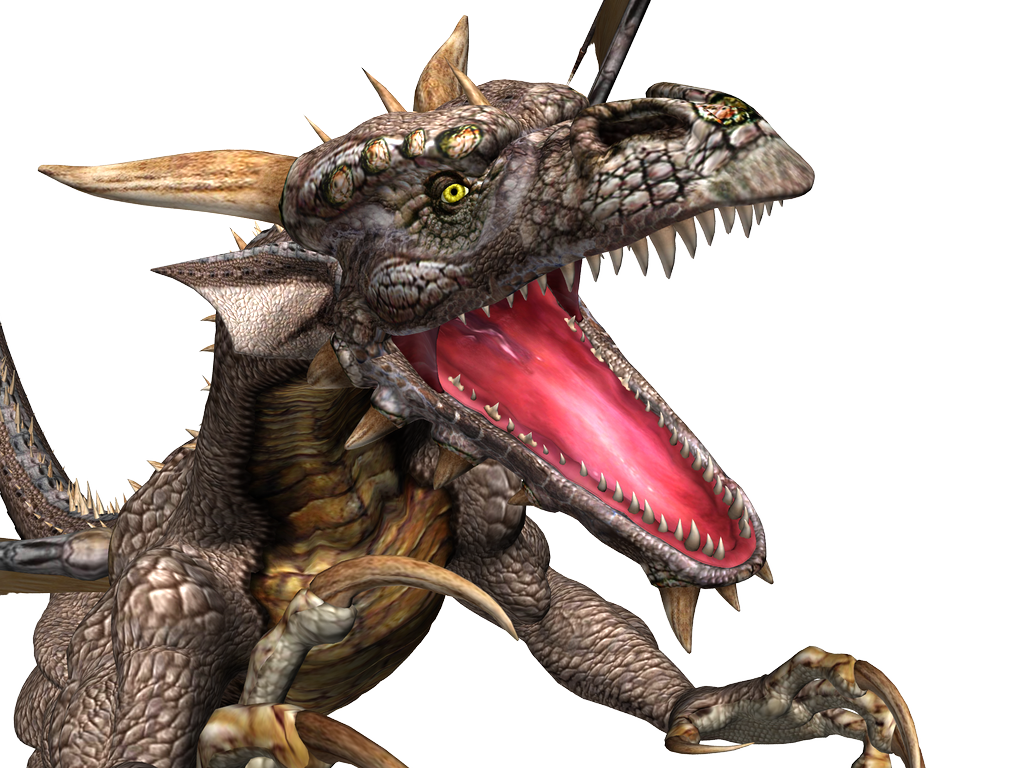Basics of goal setting. Set the scene.
A fearsome dragon has been terrorizing a nearby village. This beast is huge and it breathes fire. In its lair, it has amassed a great fortune. Taking this treasure for oneself, would make one rich and powerful. But, alas, by all accounts, it is impossible to defeat the vile monster. Enter, you and your friends.
No, this is not the beginning of a cheap “Lord of the Rings” fanfiction. Nor is it the start of a screenplay for the next season of Game of Thrones. It is the situation you face every time you start setting goals at work. The dragon is the problem you need to solve and the treasure is the outcome you need to reach.
It is also a fairly well describes my usual Friday night entertainment, a roleplaying game most commonly known as Dungeons and Dragons (DnD).
Dungeons, dragons, and the basics of goal setting.
DnD is a popular roleplaying game first published in 1974. Over the years, the pop culture trope of “ a bunch of nerds playing in the basement” has been well established. The game was familiar to many, long before Netflix made it a framing device for Stranger Things.
The premise of a tabletop roleplaying game is simple. One person, a Game Master, comes up with a story. Everyone else, the players, take on a role in this story and have absolute freedom in choosing their actions in it.
While the Game Master comes up with the dragon, players can choose how (and if) they’ll try to defeat it. Will they ask help from the local wizard? WIll they track down the dragon and attack it heads on? Or will they try to sneak in and steal the treasure? Having been the Game Master on more than one occasion, I can say the creative solutions players come up with when tackling these dragons are always surprising and interesting.
In addition to captivating story, the characters (players) gain experience, level up, and gain new skills and features. The same way an employee or manager gets better at a job by doing it.
That is what this article is all about. Creativity. Teamwork. Leadership. Skill sets that are vital to any team. These are the skills those “nerds” are practicing in the basement every week. And these skills provide a leading-edge in the current job market. Playing DnD also prepared me well for work, especially for setting effective goals.
I have been using the famous Objectives and Key Results (OKR) methodology at work. OKR, in its essence, is a method for setting inspiring long term plans (fighting the dragon) and measurable key results, that show you how close you are to your goal. In DnD, you are always thinking in numbers. “Have I done enough to be able to defeat the problem.” In business, you must also always look at your key results to see how close you are to accomplishing your long term goals.
Dragonslayer’s OKRs.
For simplicity and fun, here is an example of what an OKR for our a dragonslaying party would look like:
Objective: Slay the evil dragon.
Key Result: Get enough experience to get to level 14.
Key Result: Learn 5 weaknesses of the dragon.
OKR is simple. As you can see from the example, the Objective represents the general “big problem” you need to defeat over a longer period of time. It should also challenging. If anyone could slay the dragon, it wouldn’t make a good story. The Key Results show specific tactical activities you need to work on constantly until the problem is solved.
This can be applied to any team doing any task. Whether its running a design department, putting together a sales strategy, or building a search engine for tomorrow. You can see detailed examples about that from the OKR examples site.
When the goal is achieved.
With the dragon defeated, the adventures start going through its loot to see what exactly they have won for themselves. Among the dragon’s treasures is a map. It shows a path to a tower where a princess is imprisoned. But to save the princess, they must venture through a dangerous swamp, fight even more terrible creatures, and solve a puzzle no-one has ever solved before. And so the adventure continues.
In DnD, like in real life, achieving a goal is only the beginning. There are always bigger, more ambitious goals out there. So you use the experience you gain from defeating the dragon to save the princess and then save the world.
So if you played DnD in highschool or college, don’t hesitate adding it to your resume. You might be more ready for leadership than you think. And if you want try out OKRs, test out Weekdone with your team right now.
